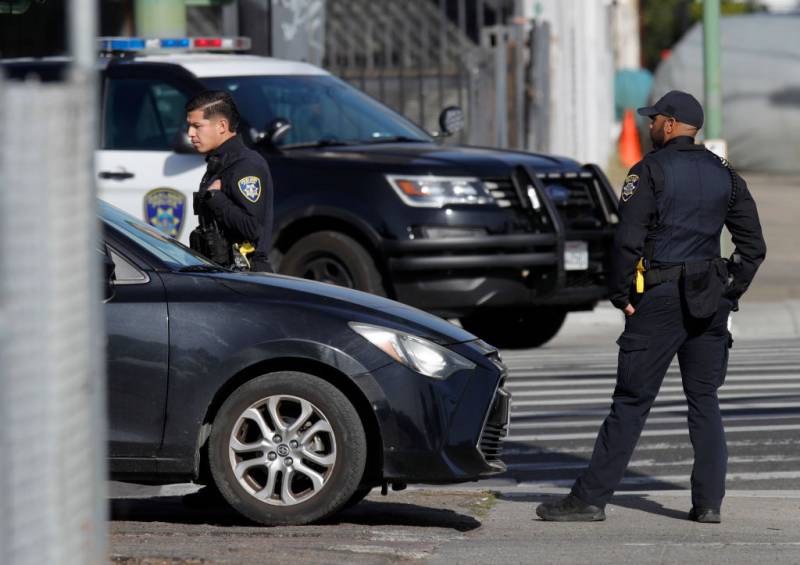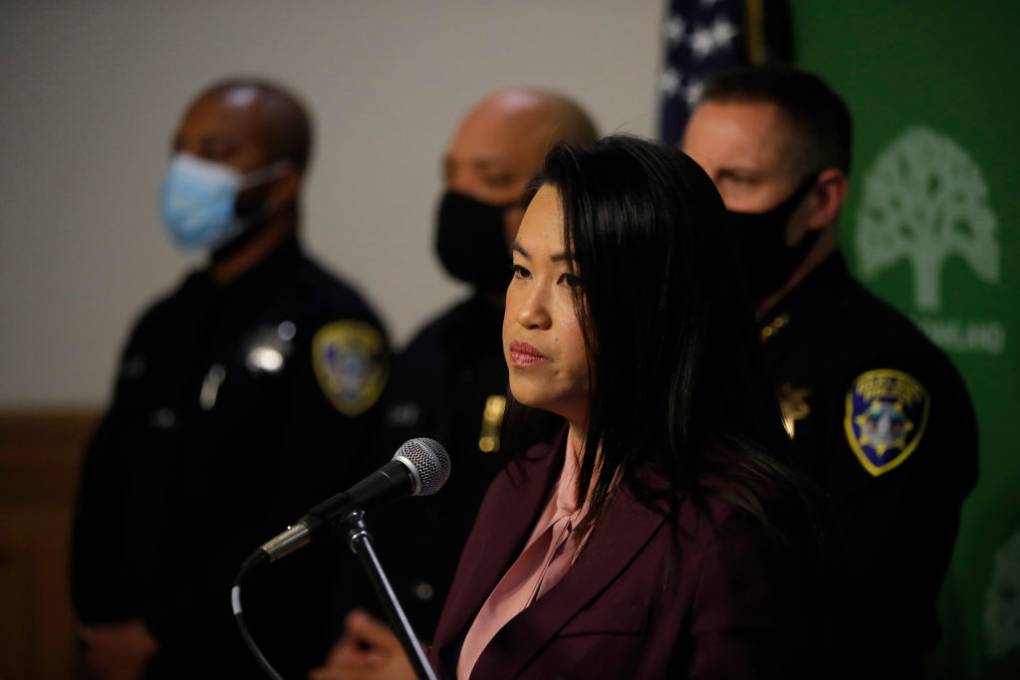The assistant deputy mayor also vowed to send more calls to the city’s MACRO office, a community response program for nonviolent, non-emergency 911 calls.
When asked how he’d change the culture within Oakland’s troubled police department, Molina referenced his experience leading New York City’s Department of Corrections to demonstrate his ability to hold those accountable under his leadership. Molina said during his time there, he worked through a backlog of thousands of disciplinary cases and decided to “forcibly separate over 300 individuals from service.”
“Staff absenteeism dropped over 80%. Use of force dropped in our first year 14%. So there are a lot of positive outcomes that can happen when we have standards,” Molina said. “There’s going to be times where we’re going to make mistakes. And as chief, I will be leaning into those situations, and I will be transparent while at the same time respecting the investigative process and due process of individuals.”
The New York Times reported last year, however, that Molina was criticized by a federal monitor of the city’s jails for a perceived lack of transparency and active efforts to conceal certain incidents of violence under his watch.
Lisa Davis
In her responses, Davis focused on improving the experiences of police officers as a means of bringing positive change to the department. She began her remarks by offering her condolences to city police for the death of Officer Tuan Le, who was fatally shot while responding to a burglary call in late December.
In her first 100 days, Davis said she would engage in a listening tour with members of the community and the department to ensure a smooth transition.
“Organizational change is very hard inside of a police department. … and certainly, when you’re bringing in an outside chief to lead the department, it can be hard on the officers. So I think a couple of things have to be done,” Davis said. “And that is meeting the officers, addressing their concerns, addressing any rumors that they hear, and just letting them know what your expectations are, what your plan is for the department, and just being as transparent as you can be with them when doing that.”

